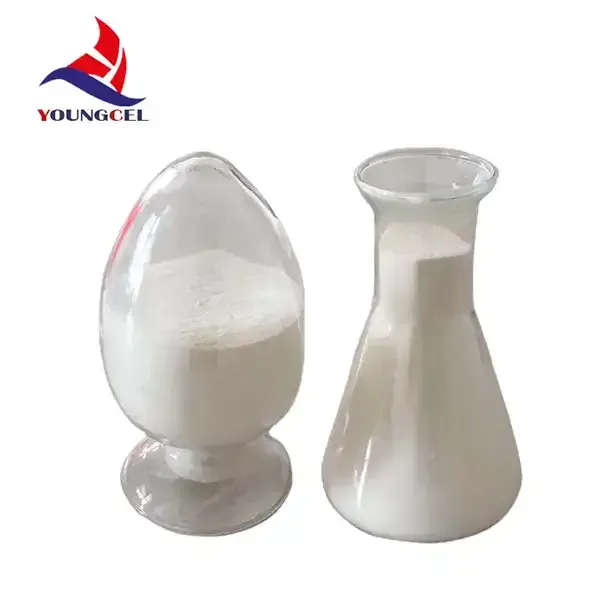Understanding Mortar Additives The Role of RDP and VAE Powders
In the construction industry, the performance and durability of mortars play a crucial role in the overall integrity of structures. With the increasing demand for resilient building materials, the use of additives has become essential. Among these, Redispersible Polymer Powders (RDP) and Vinyl Acetate Ethylene (VAE) copolymers are leading choices as mortar additives, enhancing bonding strength and flexibility.
What are RDP and VAE?
Redispersible Polymer Powders (RDP) are dry powder formulations derived from emulsions that have been spray-dried. When mixed with water, RDPs redisperses to form a polymer film that significantly improves the mechanical properties of mortars. VAE is a type of RDP that specifically incorporates vinyl acetate and ethylene monomers, imparting unique characteristics beneficial for construction applications.
Benefits of RDP and VAE in Mortar
1. Enhanced Adhesion One of the primary advantages of incorporating RDP and VAE in mortar formulations is dramatically improved adhesion to various substrates. This enhanced bonding capability is critical in applications where mortars must adhere to difficult surfaces such as ceramics, glass, and metals.
2. Flexibility and Crack Resistance Mortars containing RDP and VAE exhibit superior flexibility, reducing the likelihood of cracking. This is especially important in environments subject to temperature fluctuations or substrate movement. The flexibility of these polymers allows the mortar to absorb stress, thus protecting the structural integrity over time.
3. Water Resistance The addition of RDP and VAE enhances the water resistance of mortars, making them suitable for external applications and wet environments. This characteristic is particularly beneficial in tile adhesives and exterior wall coatings, where moisture resistance is vital for long-lasting performance.
mortar additive bonding rdp vae powder

4. Improved Workability Mortars modified with RDP and VAE offer better workability. This means they can be spread more easily and consistently, allowing for a smoother application process. The improved flow characteristics help reduce the time and labor involved in installation, making them a preferred choice among contractors.
5. Durability Incorporating RDP and VAE in mortar leads to increased durability against environmental factors. For structures exposed to harsh weather conditions, the resistance to moisture, temperature changes, and UV radiation becomes critical to extending the lifespan of the material.
Applications of RDP and VAE Modified Mortars
The applications of mortars enhanced with RDP and VAE are diverse. These advanced mortars are widely used in
- Flooring Systems Tile adhesives that require strong bonding and flexibility. - Exterior Wall Coatings Providing protection against moisture while allowing for breathability. - Repair Mortars For fixing cracks and enhancing the flexibility of traditional mortars in various settings. - Thin-Set and Thick-Set Applications Where varied thickness in installations is required, benefiting from reduced shrinkage and cracking.
Conclusion
The versatility and superior performance characteristics of RDP and VAE powders make them invaluable in modern mortar formulations. As the construction industry continues to prioritize durability, flexibility, and environmental resistance, the combination of RDP and VAE additives represents a significant advancement in ensuring the reliability of mortars. By enhancing adhesion, flexibility, and water resistance, these additives contribute to safer, longer-lasting structures, ultimately leading to more sustainable construction practices. As we advance further into the age of smart construction materials, the role of polymer additives like RDP and VAE will inevitably grow, becoming essential components in the formulation of high-performance mortars.
-
Rdp that The Revolutionary Polymer Powder Transforming Modern Construction MaterialsNewsAug.11,2025
-
Hpmc Powder that Versatile Additive for Detergents and Personal CareNewsAug.11,2025
-
Hpmc Hydroxypropyl Methylcellulose that Essential Building Material Additive from Shijiazhuang Gaocheng YongfengNewsAug.11,2025
-
Hydroxypropyl Methyl Cellulos Hpmc that Essential for Construction ApplicationsNewsAug.11,2025
-
Mhec Powder that Revolutionizing Construction Chemistry with Cellulose Ether SolutionsNewsAug.11,2025
-
Industri Hpmc that The Global Backbone of Advanced ConstructionNewsAug.11,2025




